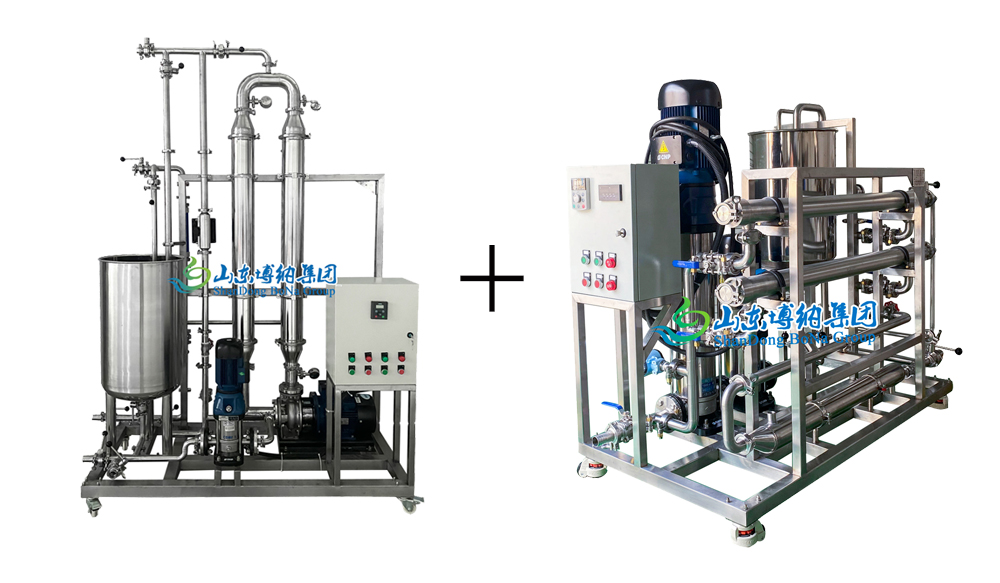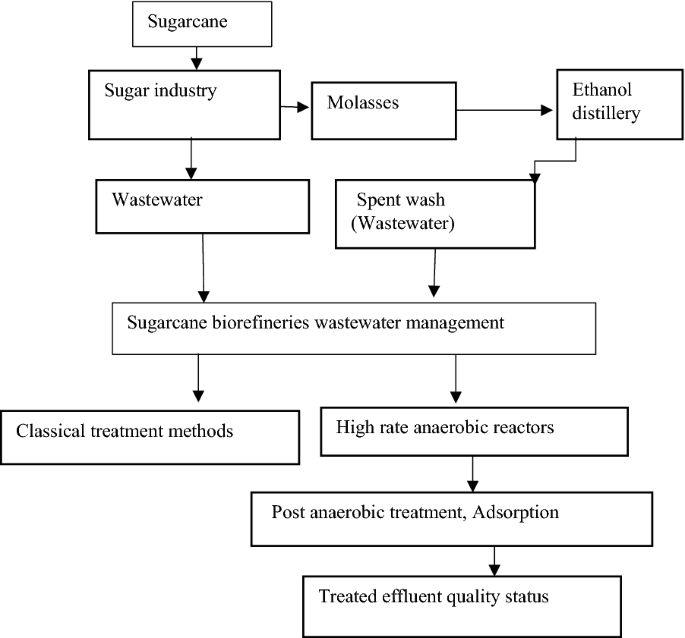What You Need to Know About Products From Sugarcane in Fashion
What You Need to Know About Products From Sugarcane in Fashion
Blog Article
Discover the Cutting-edge Benefits of Products From Sugarcane for Lasting Living
Sugarcane has arised as an essential source in the mission for sustainable living. Its diverse applications extend naturally degradable product packaging, renewable resource, and healthier food options. As industries look for environment-friendly options, sugarcane's flexibility offers encouraging solutions. The true possibility of sugarcane prolongs beyond its current uses. Discovering its ingenious advantages can expose brand-new pathways toward a much more sustainable future. What other possibilities might this amazing plant hold?

The Increase of Sugarcane as a Sustainable Resource
As global understanding of ecological concerns grows, sugarcane has become a popular lasting source. This functional crop offers a range of advantages that contribute to environment-friendly methods. Sugarcane is a renewable resource, capable of growing in varied environments while absorbing co2, thus mitigating greenhouse gas discharges. Its quick development cycle enables for constant harvesting, causing a constant supply of raw material.Additionally, sugarcane growing typically needs less water contrasted to various other crops, making it a reliable choice in water-scarce regions. The spin-offs of sugarcane, such as bagasse and molasses, can be repurposed for various applications, reducing waste and promoting round economic climate concepts. In addition, innovations in farming methods have actually caused even more sustainable farming methods, additionally enhancing sugarcane's ecological account. As customers significantly seek sustainable choices, sugarcane stands out as a viable alternative for those dedicated to decreasing their eco-friendly impact.
Biodegradable Product Packaging Solutions
How can naturally degradable packaging remedies transform the way customers come close to sustainability? By utilizing sugarcane-based materials, these innovative services use an engaging option to standard plastics. Biodegradable packaging made from sugarcane disintegrates normally, markedly decreasing garbage dump waste and greenhouse gas discharges. As consumers come to be progressively mindful of their environmental impact, the need for lasting packaging remains to rise.These sugarcane-derived products not only offer functional purposes yet likewise line up with eco-conscious customer values. They offer a substantial means for businesses and people to contribute to a circular economy, advertising resource efficiency and lessening ecological footprints. Additionally, as markets embrace eco-friendly options, they promote a society of sustainability that reverberates with an expanding market looking for responsible choices.In significance, eco-friendly packaging services from sugarcane stand for a vital action onward in sustainable practices, empowering consumers to make eco-friendly decisions without compromising ease or high quality.
Renewable Energy Generation From Sugarcane
A significant section of sustainable energy generation can be acquired from sugarcane, showcasing its versatility past traditional farming uses. Sugarcane biomass, consisting of bagasse and leaves, is a potent resource for bioenergy manufacturing. This biomass can be exchanged biofuels such as ethanol, which serves as a cleaner choice to nonrenewable fuel sources. Additionally, the combustion of sugarcane byproducts creates heavy steam and power, supplying an energy resource for sugar mills and nearby communities.The cultivation of sugarcane likewise adds to carbon sequestration, as the plants absorb co2 during their development cycle. By using sugarcane for power, waste is decreased, and sustainable methods are urged. This renewable resource approach not just supports power requirements but also promotes rural growth, developing tasks in bioenergy industries. On the whole, sugarcane sticks out as a principal in the shift to sustainable energy remedies, lining up with international efforts to reduce carbon footprints.

Eco-Friendly Textiles and Fabrics
Eco-friendly textiles and textiles derived from sugarcane offer an appealing option to standard products. These biodegradable options not just reduce environmental impact however also provide resilience and performance similar to conventional materials. Sustainable production processes even more boost their allure, making them an integral part of a sustainable way of living.
Eco-friendly Fabric Options
Why is the modification towards biodegradable material options crucial for sustainable living? The enhancing understanding of environmental degradation has motivated a search for alternatives to traditional textiles, which often add to air pollution and waste. Biodegradable fabrics, stemmed from eco-friendly resources such as sugarcane, use a promising option. These materials decay naturally, minimizing land fill accumulation and decreasing environmental effect. In addition, they can help reduced carbon footprints and reliance on fossil fuels. As customers end up being much more eco-conscious, the need for sustainable fabrics grows, motivating suppliers to innovate and invest in eco-friendly alternatives. This adjustment not just supports sustainable practices yet likewise cultivates a round economy, leading the way for a much more responsible method to fashion and textile production.
Durability and Performance
Resilience and performance are critical elements when examining eco-friendly textiles and textiles. Sugarcane-derived products show impressive stamina and durability, making them appropriate for different applications. These textiles frequently more information display remarkable moisture-wicking homes, which improve comfort in daily wear. Additionally, their natural fibers add to breathability, guaranteeing that garments remain wearable and fresh even popular problems. The efficiency of sugarcane-based fabrics includes their resistance to tear and put on, enabling items to preserve their integrity with time. These green textiles can be treated to enhance UV protection and discolor resistance, meeting the sensible needs of customers without jeopardizing sustainability. Inevitably, sugarcane textiles supply an unified balance of resilience and performance, appealing to environmentally mindful people.
Sustainable Production Processes
The excellent toughness and performance of sugarcane-derived textiles are enhanced by lasting manufacturing processes that prioritize ecological responsibility. These processes utilize sustainable sources, minimizing reliance on fossil gas and reducing carbon footprints. By harnessing the spin-offs of sugarcane growing, makers can develop environmentally friendly textiles while promoting waste decrease. Advanced methods, such as water-efficient dyeing and naturally degradable treatments, further enhance the sustainability of these textiles. Furthermore, the use of safe chemicals guarantees that the manufacturing procedure does not hurt ecosystems or human health and wellness. This commitment to sustainability not only attract environmentally conscious consumers but also supports local economies by promoting sustainable farming practices. Generally, sugarcane-derived textiles represent a considerable step in the direction of a greener future in the fashion business.
Sugarcane-Based Biofuels and Their Influence

Sugarcane-based biofuels have actually become a significant alternate power source, offering an eco-friendly service to the globe's growing energy demands. These biofuels, stemmed from the fermentation of sugarcane juice or molasses, offer a more lasting option compared to fossil gas. Their production process produces lower greenhouse gas exhausts, contributing to environment modification reduction efforts.Additionally, sugarcane biofuels can enhance power safety by diversifying energy resources and decreasing dependancy on imported oil. The growing of sugarcane also important source advertises country development, producing work and boosting regional economies.However, worries regarding land use and food competition continue, as raised biofuel production may affect food supply chains. Sustainable agricultural techniques are necessary to stabilizing these guaranteeing and competing passions that biofuel production does not threaten food safety and security. Overall, sugarcane-based biofuels represent a promising opportunity for a greener power future, supplied that their environmental and social effects are carefully handled.
Healthier Alternatives: Sugarcane in Food Products
While lots of customers look for much healthier choices in their diets, sugarcane products provide a healthy option to fine-tuned sugars and fabricated sweeteners. Originated from the natural removal of sugarcane juice, these items maintain crucial nutrients, consisting of minerals and vitamins, that are typically lost in processed sugars. Sugarcane includes antioxidants and nutritional fiber, adding to general health and wellness.Many health-conscious people are transforming to sugarcane syrup and jaggery, which give a lower glycemic index compared to standard sugars, making them ideal for those handling blood glucose degrees. In addition, sugarcane-derived sugar can enhance the flavor of numerous recipes without the negative impacts connected with man-made additives.This shift in the direction of all-natural artificial sweetener not only advertises much better dietary selections but additionally straightens with lasting living techniques, as sugarcane is an eco-friendly source. Sugarcane items are emerging as favorable choices in the domain of food products.
The Future of Sugarcane in Sustainable Developments
The future of sugarcane is poised to include cutting-edge applications that expand past standard usages. Its prospective as a resource for biodegradable packaging remedies and renewable resource sources highlights its function in lasting techniques. Discovering these innovations could substantially influence ecological conservation and source monitoring.
Eco-friendly Packaging Solutions
A raising number of business are transforming to naturally degradable product packaging services originated from sugarcane as a promising option to typical plastics. These innovative materials, frequently made from sugarcane fibers and bioplastics, decay naturally, lowering the lasting ecological effect related to conventional plastic waste. By making use of renewable energies, sugarcane-based packaging adds to a more sustainable manufacturing cycle, aligning with global initiatives to deal with air pollution and environment change. Additionally, these remedies commonly maintain the resilience and performance required for different applications, from food containers to shipping products. As customer need for environmentally friendly choices grows, services taking on sugarcane product packaging not just improve their brand photo however additionally play a pivotal role in fostering a circular economic situation, leading the way for a greener future.
Renewable Resource Sources
Eco-friendly product packaging options are simply one aspect of the more comprehensive capacity of sugarcane in promoting sustainability. Another substantial application depends on eco-friendly power sources. Sugarcane is a versatile plant that can be utilized to produce biofuels, such as ethanol, which serves as a cleaner alternative to nonrenewable fuel sources. The fermentation process of sugarcane juice yields ethanol that can power automobiles and generate electricity. Furthermore, the byproducts of sugarcane processing, like bagasse, can be used to generate biomass power, supplying a efficient and sustainable technique to harness energy. This dual duty as both a source of biofuel and biomass emphasizes sugarcane's possibility in minimizing carbon discharges and supporting a change to a much more sustainable energy landscape in the future.
Regularly Asked Questions
Just How Is Sugarcane Gathered Sustainably?
Sugarcane harvesting can be sustainable through strategies like hands-on cutting, which minimizes dirt disruption, and making use of machinery that lowers fuel intake (Products From Sugarcane). Crop rotation and incorporated pest administration further improve ecological wellness and advertise long-term soil fertility
What Are the Ecological Influences of Sugarcane Farming?

Can Sugarcane Products Be Reused?
The concern of whether sugarcane items can be recycled exposes a favorable expectation. Many sugarcane-derived materials, such as bioplastics and packaging, are created for recyclability, contributing to a much more lasting waste monitoring method within environmental considerations.
Are There Any Disadvantages to Utilizing Sugarcane-Based Products?
The drawbacks of using sugarcane-based products consist of possible land usage competitors with food crops, difficulties in large-scale production, and worries concerning the ecological impact of monoculture farming practices, which can diminish biodiversity and dirt wellness.
Exactly How Does Sugarcane Cultivation Affect Local Communities?
Sugarcane farming influences regional neighborhoods by offering employment opportunities and boosting neighborhood economic climates. It can additionally lead to land conflicts and environmental problems, influencing agricultural methods and neighborhood wellness, demanding a balanced method to advancement. Innovations in farming techniques have actually led to even more lasting farming approaches, further useful site improving sugarcane's environmental account. Furthermore, the burning of sugarcane byproducts produces steam and electricity, supplying an energy source for sugar mills and neighboring communities.The cultivation of sugarcane likewise adds to carbon sequestration, as the plants absorb carbon dioxide throughout their development cycle. By using sugarcane for power, waste is minimized, and lasting methods are urged - Products From Sugarcane. Sugarcane consists of anti-oxidants and dietary fiber, contributing to overall health and wellness.Many health-conscious people are transforming to sugarcane syrup and jaggery, which offer a reduced glycemic index contrasted to conventional sugars, making them suitable for those managing blood sugar degrees. Additionally, the by-products of sugarcane handling, like bagasse, can be made use of to generate biomass energy, providing a reliable and sustainable technique to harness energy
Report this page